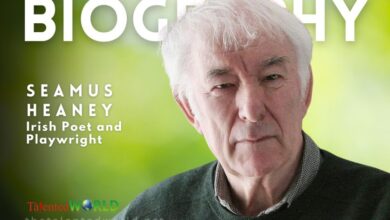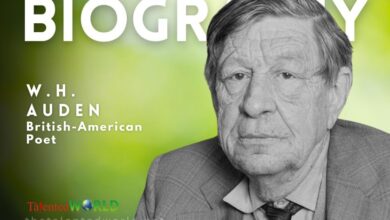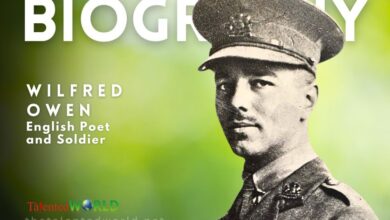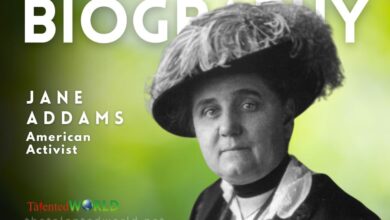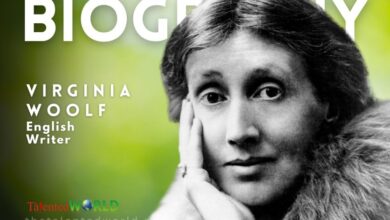| Full Name | Vladimir Vladimirovich Nabokov |
| Native Name | Владимир Владимирович Набоков |
| Pen Name | Vladimir Sirin |
| Date of Birth | April 22, 1899 (Old Style: April 10, 1899) |
| Place of Birth | Saint Petersburg, Russian Empire |
| Date of Death | July 2, 1977 |
| Place of Death | Montreux, Switzerland |
| Occupation | Novelist, poet, literary critic, entomologist, professor |
| Languages | Russian, English, French |
| Citizenship | Russian Empire (later United States) |
| Education | Trinity College, Cambridge |
| Period | Contemporary (20th century) |
| Literary Movements | Modernism, postmodernism |
| Notable Works | The Defense (1930), Despair (1934), Invitation to a Beheading (1936), Lolita (1955), Pale Fire (1962), Speak, Memory (1936–1966), Ada or Ardor (1969) |
| Spouse | Véra Nabokov |
| Children | Dmitri Nabokov |
| Academic Positions | Professor of Russian literature at Cornell University (1948–1959) |
| Notable Achievements | Lolita ranked fourth on Modern Library’s list of the 100 best 20th-century novels; Speak, Memory is considered among the greatest nonfiction works of the 20th century |
| Expertise | Lepidopterist (studied butterflies and moths), composer of chess problems |
| Early Life | Born into a wealthy and prominent family of the Russian nobility; my paternal grandfather was Russia’s Justice Minister during the reign of Alexander II |

